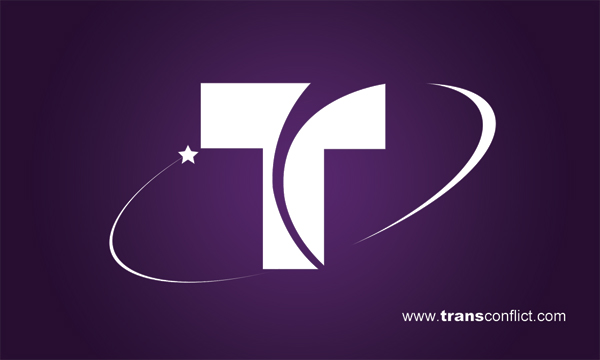The path to ending ethnic conflicts
Civil wars and ethnic conflicts have brought the world incredible suffering, but Stefan Wolff’s figures show that, in the last 20 years, their number has steadily decreased. He extracts critical lessons from Northern Ireland, Liberia, Timor and more to show that leadership, diplomacy and institutional design are our three most effective weapons in waging peace.
Suggested Reading |
Conflict Background |
GCCT |
About Stefan Wolff
Stefan Wolff is professor of international security at the University of Birmingham, England, and one of the world’s leading experts on ethnic conflicts. He consults with governments and international organizations on issues such as the development and stability of post-conflict areas, the institutional design of solutions for self-determination conflicts, and ethno-politics and minority questions. Bridging the divide between academia and policy-making, he has been involved in various phases of conflict settlement processes in Sudan, Moldova, Sri Lanka and Kosovo. He has also worked on a wide range of conflicts in places such as Northern Ireland, the Balkans, Eastern Europe and the former Soviet Union, the Middle East and Asia. He is currently advising on the settlement of the status of Kirkuk, Iraq, and Transnistria, Moldova. He’s written a dozen books, including Ethnic Conflict: A Global Perspective, the first major treatment of the subject aimed at a broad general audience. He’s the founding editor of Ethnopolitics, a quarterly, peer-reviewed journal dedicated to the study of ethnic conflicts and their management around the globe.
About TEDx
In the spirit of ideas worth spreading, TEDx is a program of local, self-organized events that bring people together to share a TED-like experience. At a TEDx event, TEDTalks video and live speakers combine to spark deep discussion and connection in a small group. These local, self-organized events are branded TEDx, where x = independently organized TED event.



















